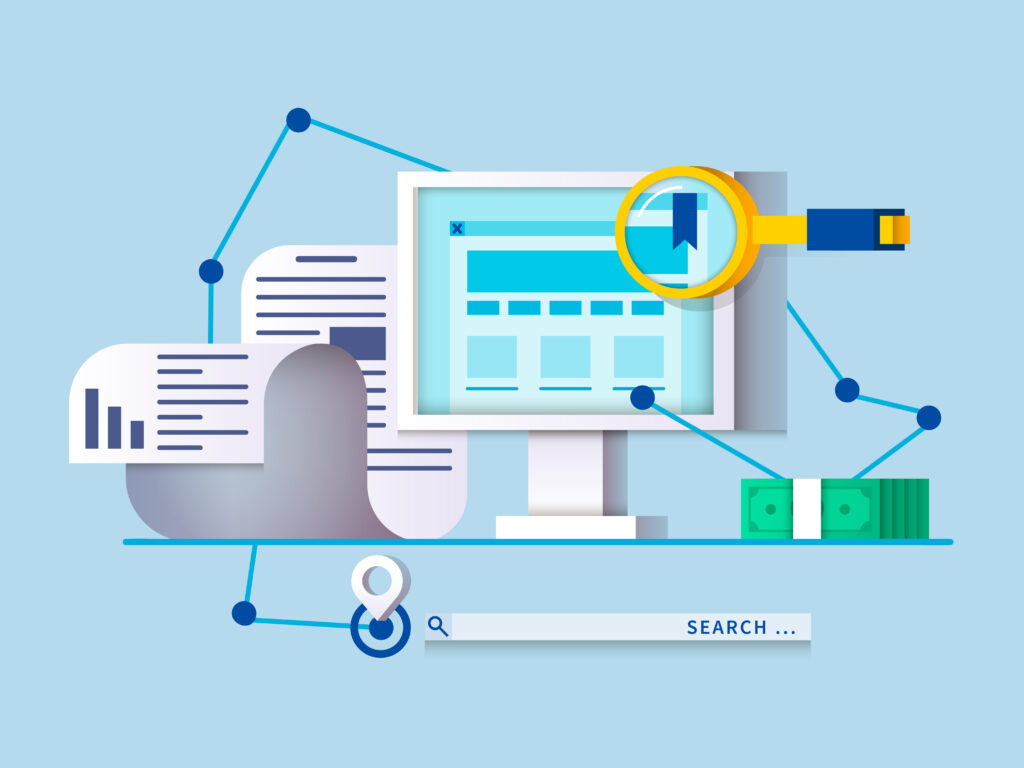In today’s data-driven world, businesses are inundated with vast amounts of information from various sources. To make sense of this data and gain actionable insights, marketers are turning to artificial intelligence solutions. AI in marketing analytics has emerged as a game-changer, enabling businesses to uncover hidden patterns, predict customer behaviour, and optimise marketing strategies for better results. In this article, we will explore the transformative impact of AI on marketing analytics and delve into its key applications.
AI refers to the simulation of human intelligence in machines that are programmed to learn, reason, and make decisions. When applied to marketing analytics, AI algorithms can process and analyse large volumes of data, uncovering valuable patterns and trends that would be difficult for humans to identify manually. AI technologies, such as machine learning and natural language processing, are at the forefront of revolutionising marketing analytics. Enhancing Data Processing and Analysis
One of the significant challenges in marketing analytics is handling massive datasets efficiently. Traditional methods often fall short when it comes to processing and analysing such vast amounts of information. AI algorithms, on the other hand, excel at handling big data. They can sift through large datasets quickly, identifying correlations and relationships that can provide valuable insights into customer behaviour, market trends, and campaign performance.
By automating data processing tasks, AI eliminates the need for manual intervention, reducing the risk of human errors and saving valuable time. Marketers can focus on interpreting the results and strategising rather than getting lost in the data overload.
Understanding customer behaviour is crucial for effective marketing. AI-driven analytics offers a comprehensive understanding of customers by leveraging advanced techniques like predictive modeling and clustering. By analysing historical data, AI algorithms can identify patterns and predict future customer actions. This allows marketers to segment their audience effectively, personalise marketing campaigns, and deliver tailored experiences to individual customers.
Moreover, AI-powered sentiment analysis can extract insights from customer feedback, social media posts, and online reviews. It enables marketers to gauge public sentiment about their brand, products, or services in real-time, enabling timely response and reputation management.
AI’s predictive capabilities empower marketers to optimise their strategies for maximum impact. By analysing past campaign performance and customer data, AI algorithms can identify the most effective channels, messages, and timing for targeted campaigns. This data-driven approach enables marketers to allocate resources more efficiently, minimising wastage and maximising ROI.
Additionally, AI can continuously monitor and adapt marketing campaigns in real-time. By analysing performance metrics and customer responses, AI algorithms can make on-the-fly adjustments, ensuring campaigns stay relevant and effective. This level of automation and agility allows marketers to iterate and optimise strategies quickly, leading to better results and a competitive edge.
While the benefits of AI in marketing analytics are undeniable, it is essential to address privacy and ethical concerns. The use of customer data for analytics must be done transparently and with proper consent. Businesses should adhere to data protection regulations and ensure data security throughout the analytics process. By implementing robust data governance frameworks and adopting privacy-centric practices, marketers can build trust with their customers and maintain a responsible approach to AI-powered analytics.
As AI technology advances, we can expect even more groundbreaking applications in marketing analytics. Innovations like natural language processing, image recognition, and deep learning will further enhance marketers’ abilities to understand and engage with their target audiences. Real-time personalisation, dynamic pricing, and predictive recommendation systems are just a glimpse of the possibilities AI holds for the future of marketing.
AI is revolutionising marketing analytics by enabling businesses to transform vast amounts of data into actionable insights. Through enhanced data processing and analysis, AI empowers marketers to uncover valuable customer insights, optimise marketing strategies, and deliver personalised experiences at scale. While ethical considerations are important, embracing AI-driven marketing analytics opens up new avenues for businesses to gain a competitive edge and drive success in the digital age. Embrace AI, and embark on a data-driven journey towards marketing excellence.









